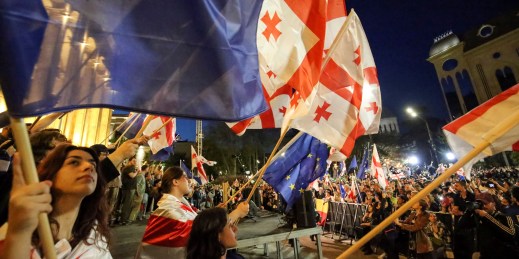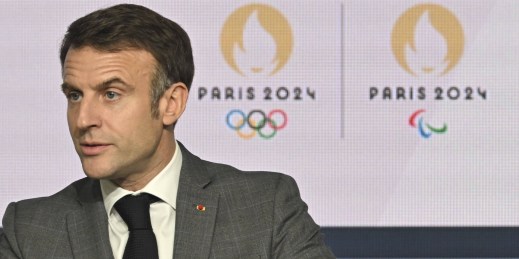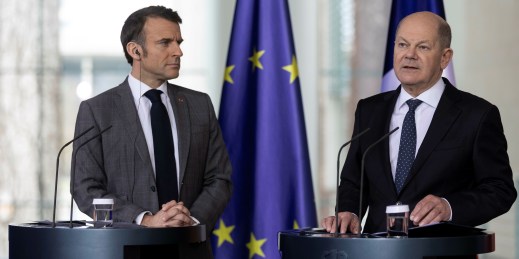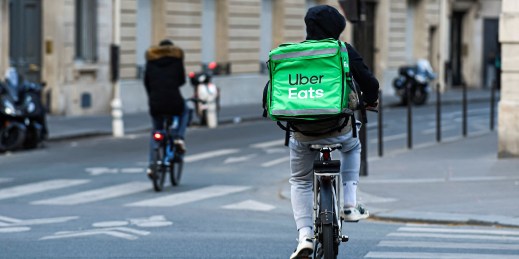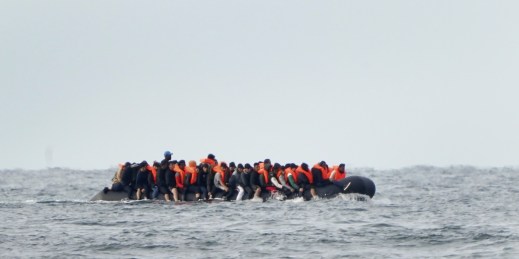
After more than three years of intense negotiations, the European Parliament finally passed the EU’s flagship migration plan earlier this month. But while European leaders have been spinning the pact as a balanced and fair compromise, human rights groups have been scathing in their condemnation of the plan.

